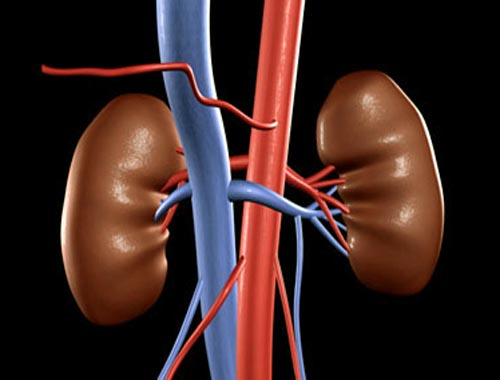Differential Diagnosis - how to check your health problem health
 Published: 12 Oct 2024
Published: 12 Oct 2024

Blood clotting tests are crucial for making a differential diagnosis by using online differential health diagnosis DdxHub tool (https://ddxhub.
azurewebsites.net/). These tests measure proteins in your blood that affect clot formation, and abnormal levels could indicate a risk of bleeding or blood clots. They also help monitor patients taking medications like heparin and warfarin, which reduce clot risk.
Common blood clotting tests include:
D-dimer test: Detects D-dimer, a protein fragment from dissolving clots. A normal level is 0.50, but a positive result indicates a potential issue. There�s no critical level for D-dimer.
Prothrombin time (PT)/INR test: Measures clot formation time. Normal PT is 11 to 13.5 seconds. INR, calculated from PT results, ranges from 0.8 to 1.1.
Activated partial thromboplastin time (aPTT) test: Assesses clotting time. The normal range is 21 to 35 seconds.
Doctors frequently order these coagulation tests to better understand and manage blood clotting issues.